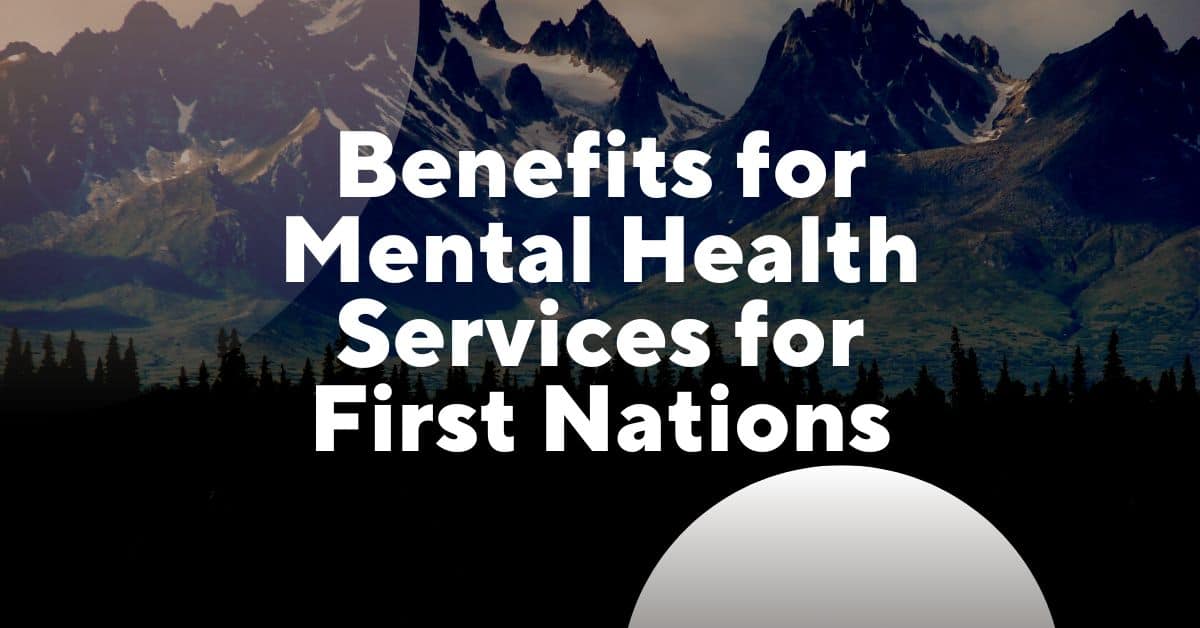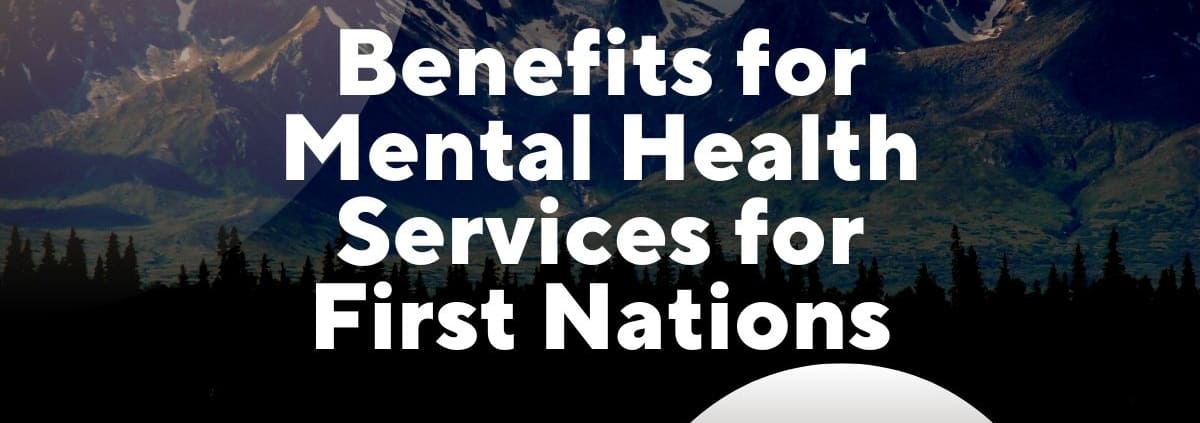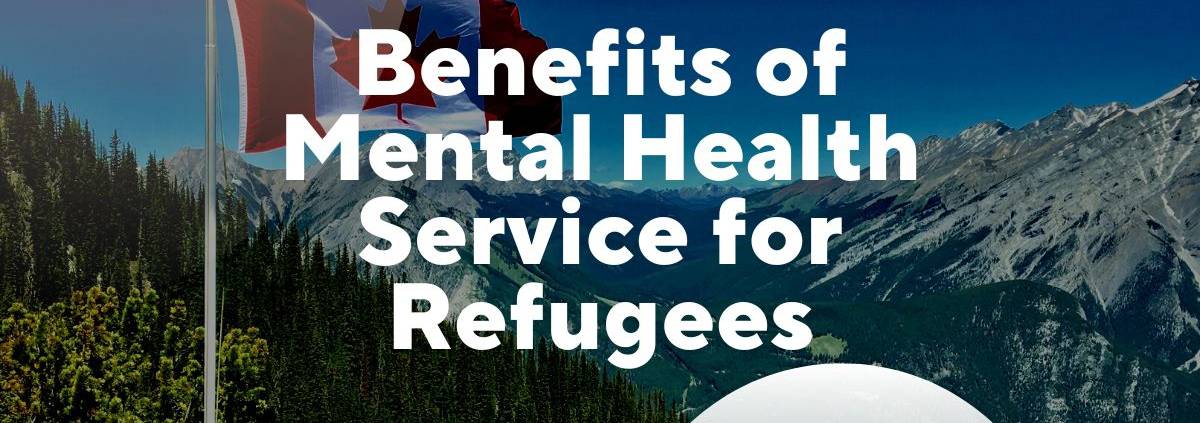
What mental health issues do first nations in Canada experience? What are the benefits of mental health services for native Canadians? Read Here!
Benefits for Mental Health Services for First Nations
The Canadian government, health departments, and private organizations have made substantial efforts to reduce mental illnesses across the country. However, their attempt in address the mental health issues among the First Nations is still in its first steps.
Suffering from stereotypes, racism, and government interventions, first nations in Canada experience various challenges, including inadequate healthcare services and severe mental conditions.
First Nations and Indigenous People in Canada are two times more likely to experience mental conditions than the non-indigenous population. According to the Canadian Center for Addiction, 16% of indigenous people living on reserves experience stress, depression, anxiety, and other mental conditions compared to 8% of non-indigenous people.
According to Statistics Canada, teenagers and younger adults among the indigenous group are nine times more likely to experience depression and anxiety than their non-indigenous peers.
In addition, suicide rates among first nations’ young individuals are seven times more than non-indigenous youth. The report highlights that the suicide rate among first nations men is 2.4 times higher than the national average.
These statistics show that first nations in Canada are vulnerable to mental health conditions and need mental health services to cope with their illnesses and live happier and safer life.
First Nations and Mental Health
Disparities between first nations and non-indigenous people come from colonial practices. These practices are systemic and continue to haunt the indigenous population in North America.
Intergenerational effects of government programs and residential schools link to poor mental health outcomes for the indigenous population. These programs remove autonomy from first nations, causing them to experience poverty, housing and food insecurity, unemployment, and racial discrimination.
Making mental healthcare accessible to the indigenous population requires substantial efforts and bringing facilities/services directly to these communities. For example, under-housed and homeless indigenous people in an urban setting are more likely to suffer from mental health issues, such as depression and substance abuse.
Many first nations men and women do not go to hospitals for care because they have had negative experiences with the health system. For instance, these include racist stereotypes from the hospital staff and traumatic separation from families.
Here is how a reputable and experienced mental health Centre with utmost dedication to first nations can help men, women, teens, children, adults, and older adults cope with illnesses and live happier lives.
More details here: https://www.therapediacentre.com/services/benefits-for-mental-health-services-for-first-nations/
This article is not sponsored.
This article is written in partnership with Therapedia.


